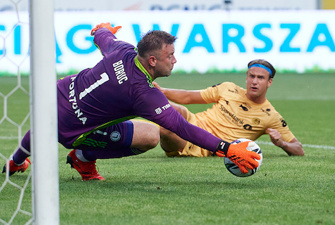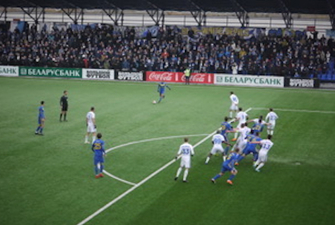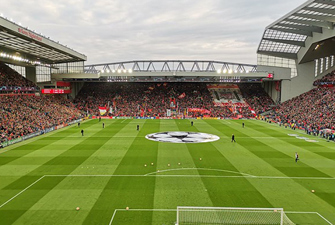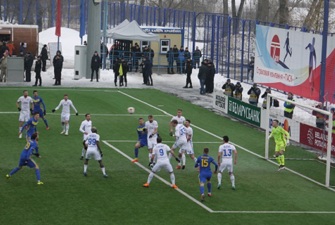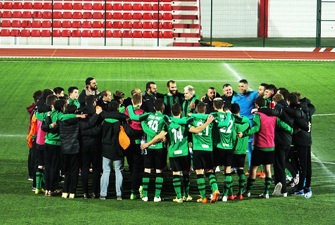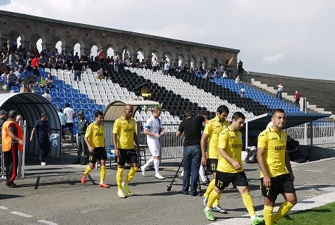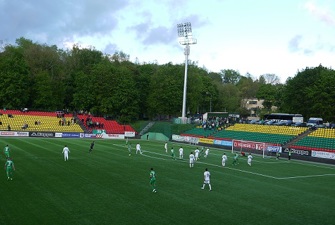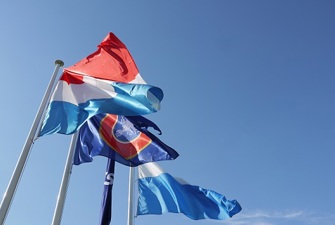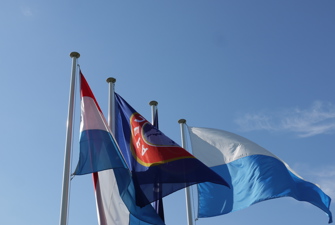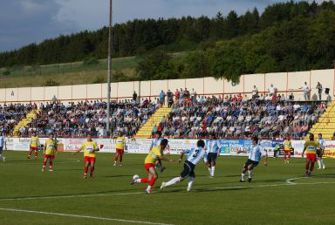Play the Game Champions League Diversity Index
UEFA’s cash distribution from the Champions League is continuing to help the same clubs monopolise national leagues across Europe according to new research for Play the Game.
UEFA distributed €746.4 million to the 32 teams that played in the group stages of the 2009/10 Champions League and another €135 million to 48 clubs that played in the group phase of the Europa League.
Of that €881.4 million hand-out, €505.9 million – or 57% - went to England, Italy, Spain and Germany, where the range of clubs appearing in Europe’s blue-chip event continues to narrow in Play the Game’s annual Champions League diversity index.
The diversity index
The index works by dividing the total slots allocated by UEFA to each country since the Champions League moved to group stages in 1994/95 to mollify larger clubs wanting a Euro league by the number of different clubs taking part.
The appearance of Tottenham Hotspur in this season’s competition means that England drop from second to seventh in the latest index but the four countries that monopolised UEFA’s latest cash distribution are all inside the top 11 countries with the least diverse number of clubs taking part.
Champions league vs Europa league
An attempt by UEFA president Michel Platini to amend the qualification rules and make qualifying for the group stages easier for smaller countries was watered down after opposition from larger clubs, but teams from smaller countries have gotten through, such as BATE Borisov from Belarus and two sides from Cyprus.
However, there is now such a massive difference between qualifying for the Champions League and the Europa League that Apoel - the lone Cypriot club playing in the 2009/10 group stages of blue chip competition - earned virtually double the total amassed by all four Austrian sides in the second tier event.
Israeli side Maccabi Haifi made the least of the 32 sides in the Champions league group stages partly because the club’s value in the ‘market pool’ was low.
The market pool
The market pool represents money paid out by broadcasters such as BSkyB for the most popular matches with viewers. With little appeal to the big commercial broadcasters, Maccabi earned a mere €1.4 million from the market pool but still netted a total of €8.5 million for losing all six group stages matches. In contrast, Fulham’s run from the qualifying rounds of the Europa League to the final earned the English side a total of €10 million.
That might seem sizeable but Liverpool earned €28.9 million from the Champions League group stages, where the four-times winners were eliminated, and then dropped into the Europa League to pocket another €3 million from that competition.
€200.000 for not reaching the group stage
Money distributed by UEFA as solidarity payments to teams that fail to reach the Champions League group stages can also help clubs monopolise national leagues.
The first qualifying round of this year’s Champions League took place before the last-16 stage of the World Cup was completed but every team that fails to reach the group stage is guaranteed €200,000 each as a solidarity payment.
No club winning through from the first qualifying round progressed passed the next stage, but with €130,000 ‘compensation’ also on offer for playing in the third round, a side that got through two rounds of qualifiers then loses in the third round earns €590,000 from UEFA.
Those clubs getting into the fourth phase and a play-off for a place in the group stages then lose forfeit earlier payments but get a one-off fee of €2.1 million and a place in the Europa League, where another system of cash distribution starts up all over again. Not surprisingly, that level of money can seriously distort a small domestic league.
TNS have been Welsh champions in four of the last five seasons and are the only full-time professional club in Wales, while Sheriff have taken Moldova’s sole Champions League slot for every season since 2001/02 and Pyunik have represented Armenia constantly since 2002/03.

